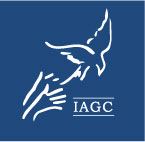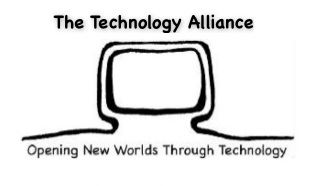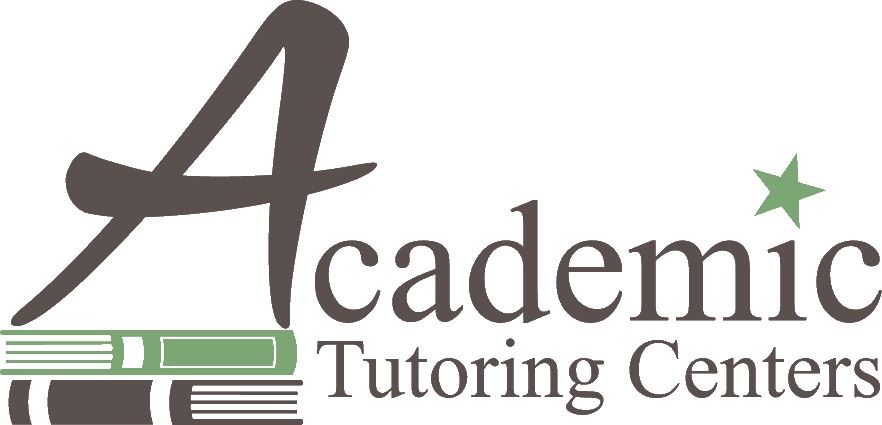- About
- Programs & Events
- Kids Climate Summit 2022
- Kids Climate Summit Educator Resources
Climate Change Educational ResourcesThis page is designed to provide resources on climate change for educators, parents, and students. We find the resources listed below engaging and easy to navigate. Most of these resources are specifically aligned with Illinois’ middle school standards, MS-ESS3:
|
Our aim is to categorize these effective lessons to meet a variety of classroom needs: Looking for materials which are easy to implement in a classroom? Climate Science provides brief yet comprehensive mini-lessons. This curriculum explores “the why” of climate change, aiming to guide students as they learn—solve—and—act. Take a look at the link below: https://climatescience.org/advanced-greenhouse-effect/ Note that Climate Science is based in the UK and offers curriculum and learning opportunities for students ages 14 and above (six of CGCC’s students participated in this organization’s Climate Science Olympiad this month). This curriculum is best suited to middle school students, with learning extensions that our students found highly engaging. In particular, the first digital module is a clear and succinct explanation of the Greenhouse Effect, identifying ways that human activity has altered our planet. Students and teachers can also explore how to stop climate change through studies of clean energy, changes in food and farming practices, industrial innovations, and ways to reduce an individual’s carbon footprint. Interested in a hands-on, interdisciplinary unit that connects engineering concepts, political science concepts, and the science of climate change? This engineering consortium invites teachers and students to explore the negative impacts of human activity on our planet: https://www.teachengineering.org/lessons/view/cub_air_lesson07 Students are given opportunities to build models simulating the heat trapping effects of greenhouse gases. This unit gives students an opportunity to choose how they will act on the climate crisis. Will students adopt the perspective of an engineer and explore solutions that focus on design and development? Will students try to effect change through policy as they attempt to craft climate change legislation? Need a quick way to combine poetry with climate change? Here is a Poetry Lesson.pdf that can be used by teachers (including homeschool teachers!). Curious about endangered species and looking for a link to nature? Take a look at the unit developed by our partner, the Sky Day Project, entitled “What is happening to the Rusty Patched Bumblebee?” This curriculum can be found at: https://skydayproject.com/unit, and raises pertinent questions about the role of the Rusty Patched Bumblebee in our ecosystem: This unit asks students, among other things, to 1.) evaluate changing weather patterns, 2.) identify the critical roles bees play, and 3.) reflect on strategies to protect key pollinators. PLEASE NOTE related local resources: Fourth grade teachers might be interested in taking a look at the opportunities presented by Project Learning Tree at https://www.plt.org/network/illinois. Earth Force and Rise Illinois offer outstanding opportunities for students to learn more about safety hazards and improve local responses. Abbie Enlund, the Executive director of Environmental Education of Illinois, oversees these opportunities and CGCC can assist interested teachers, parents, and students if they wish to contact her. For teachers, students, and parents, aiming to dive deeply into climate change through a more thorough, classroom-oriented lens… Take a look at the 2015 edition of A People’s Curriculum for the Earth, teaching climate change and the environmental crisis, edited by Bill Bigelow and Tim Swinehart. This book covers nearly every angle of the climate crisis, with chapters on (among other topics): Government resources can add to the classroom experience, but some EPA resources have not been updated. Top governmental website: NOAA! The National Oceanic and Atmospheric Administration (NOAA) has been tracking climate change for decades, concluding that human activity—human fossil fuel emissions arising from transportation, construction, the burning of coal, farming and creating other hazards—have caused the planet to warm unnaturally since the Industrial Revolution and even earlier. NOAA clearly outlines the ways in which methane and carbon dioxide emissions blanket the Earth and trap heat, causing extreme weather, drought, flooding, glacial melt, rising sea levels, permafrost melt, acidic oceans, bleaching of coral reefs, air pollution and other toxic changes. NOAA staff (Global Monitoring Laboratory) answer pressing questions on climate change at: https://gml.noaa.gov/education/faq_cat-3.html https://gml.noaa.gov/education/faq_cat-1.html The general EPA site (revised in 2021) provides an overview of greenhouse gases and their impacts: https://www.epa.gov/ghgemissions. The sources of greenhouse gases are reported sector by sector. Visitors are invited to calculate their household’s carbon footprint. The EPA websites for kids have NOT been updated since 2017. We do not recommend relying on these resources as they also fail to take into account current causes of and impacts on the climate crisis. Don’t forget about terrific resources from our 2021 Summit experts! We urge you to extend student learning on how to mitigate, adopt to, or act on climate change by studying resources prepared by experts in our previous Kids Climate Summits: Astrophysicist and 2021 KCS expert panelist, Dr. Jeffrey Bennett, has written a book on climate change, also aimed at middle school students. You can find it online: https://www.globalwarmingprimer.com/ Dr. Bennett writes this book from the lens of an astrophysicist, likening the growing greenhouse gases surrounding Earth to the atmosphere of a much hotter Venus. The book does an excellent job of highlighting key concepts related to climate change and proposing solutions! Our 2021 Summit panelists relied extensively on Dr. Bennett’s book. Award winning entomologist at the U of I, and also an expert panelist at KCS II, Dr. Esther Ngumbi, has many ideas on transforming farming practices (and the sale of produce) and protecting crops from invasive insects. Currently, Dr. Ngumbi is researching how to build resilience to insects and flooding in crops like tomatoes. See, https://www.estherngumbi.com/. Our longtime partner, 350 Chicago, prepares a biweekly newsletter on issues related to climate change. And kudos to 2020 Kids Climate Summit expert Alisa Singer who designed the cover of the current IPCC report! |


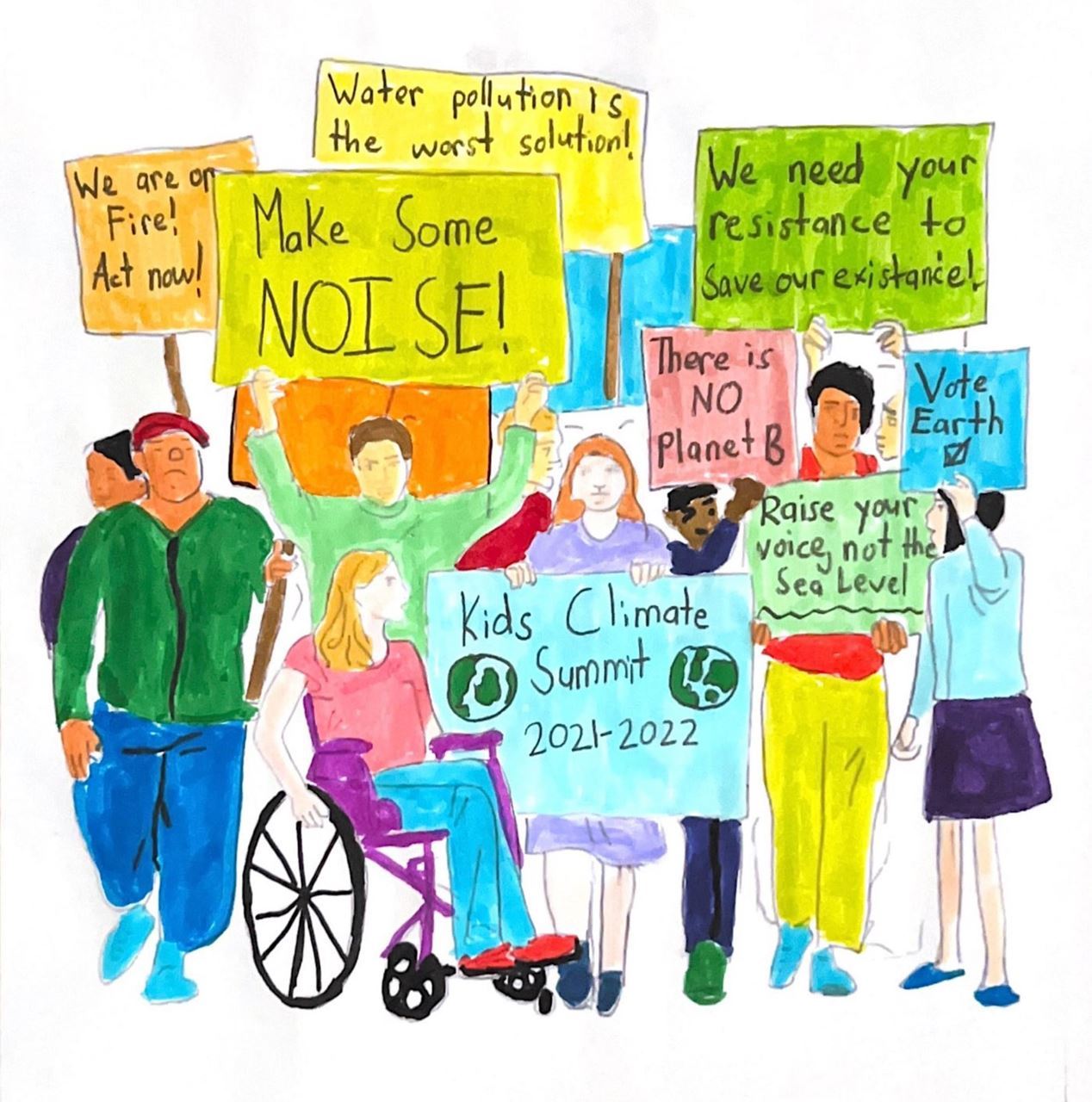
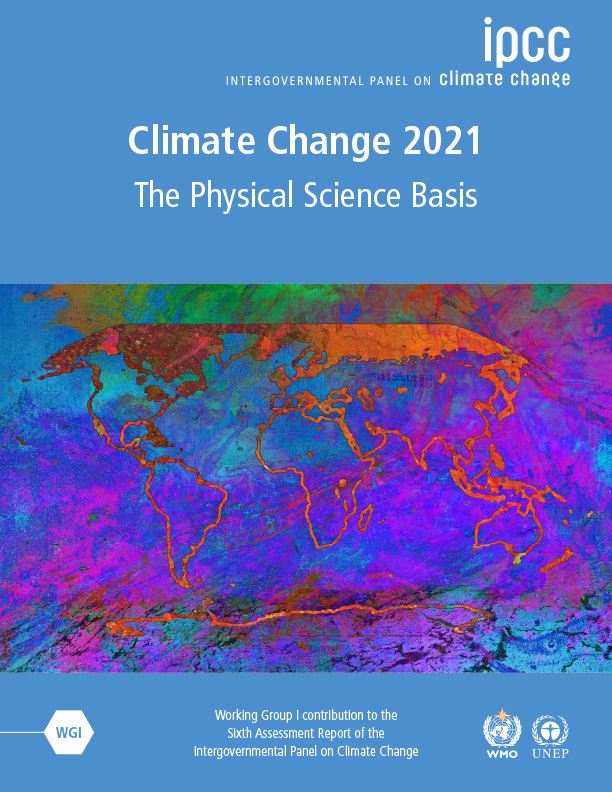

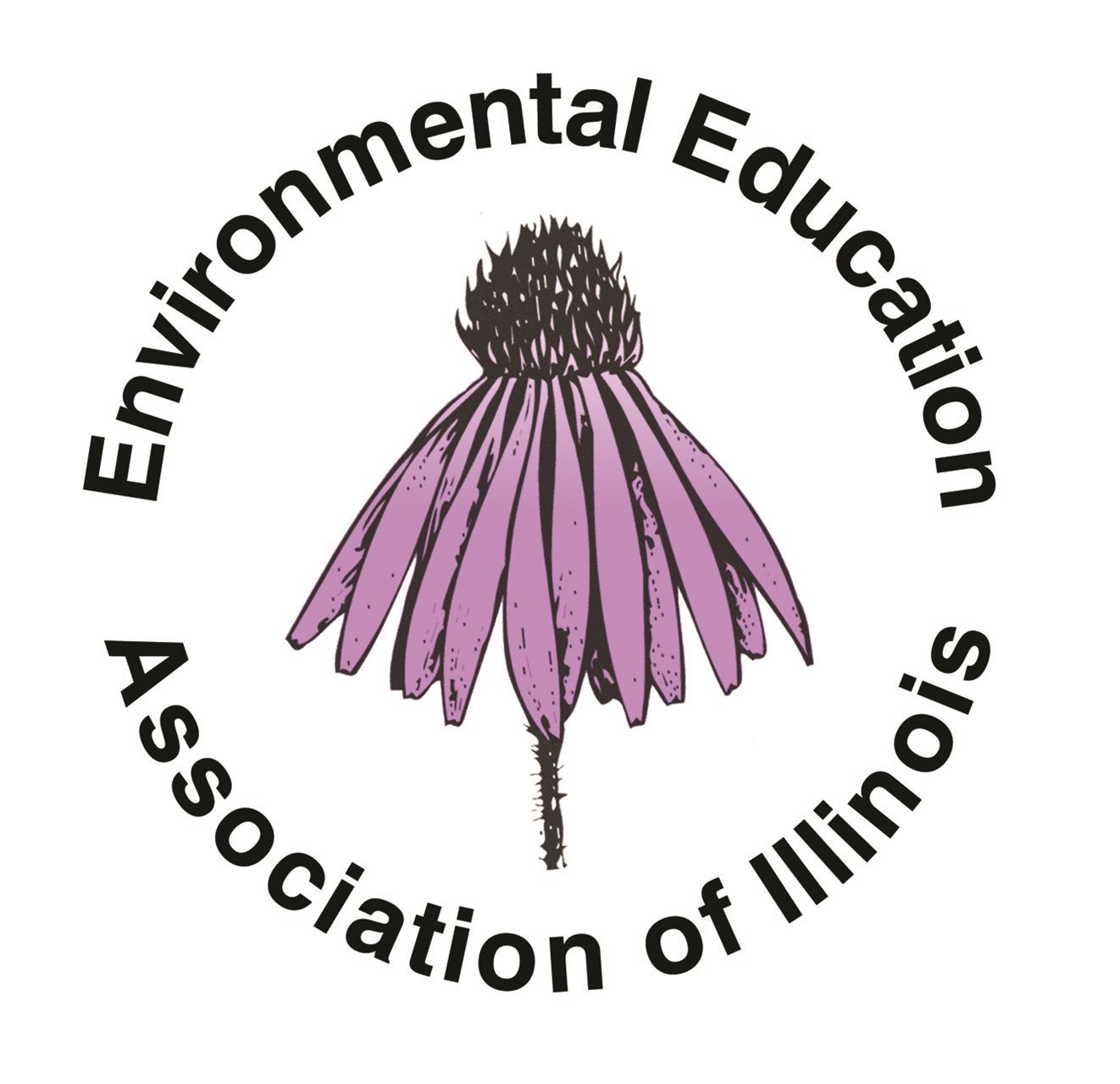
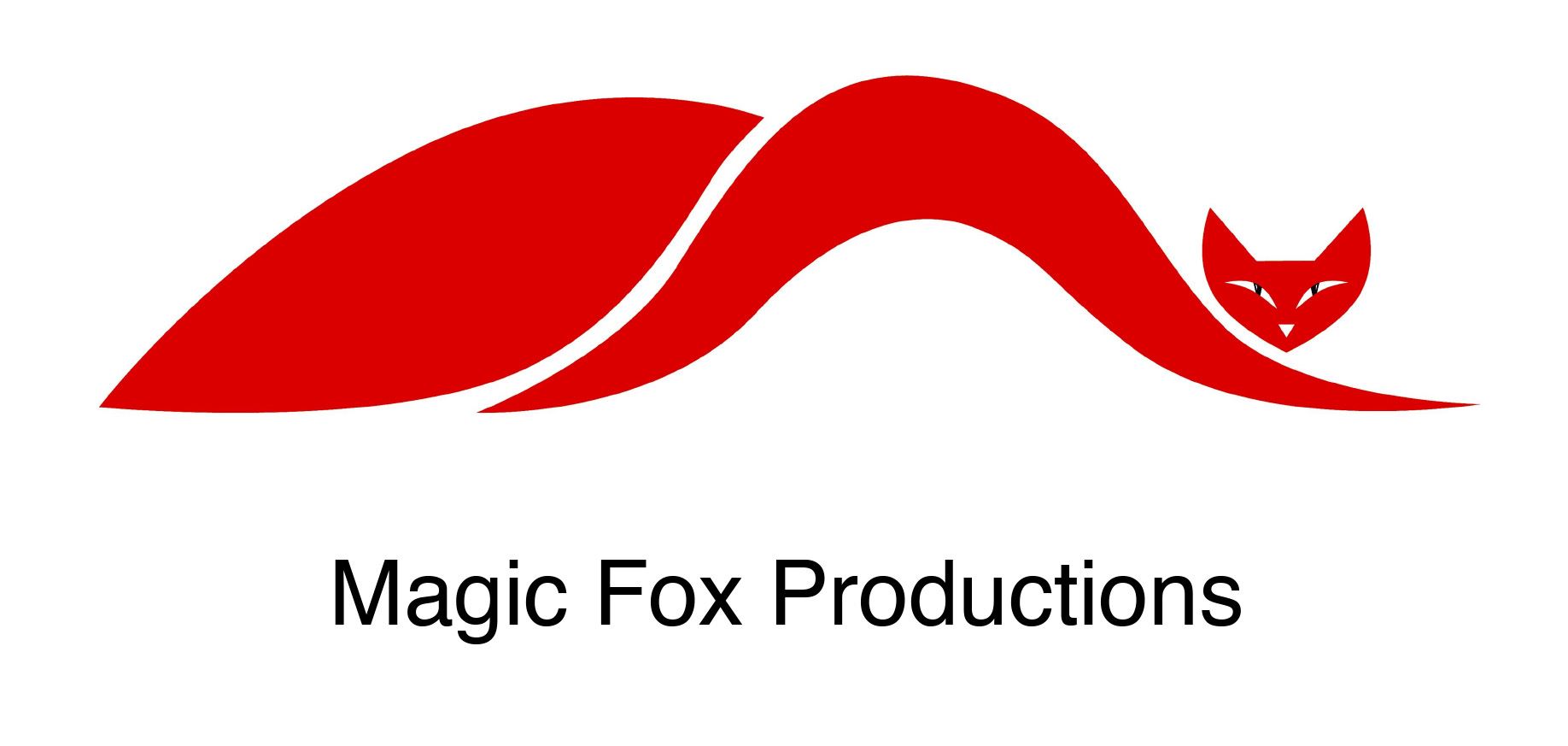
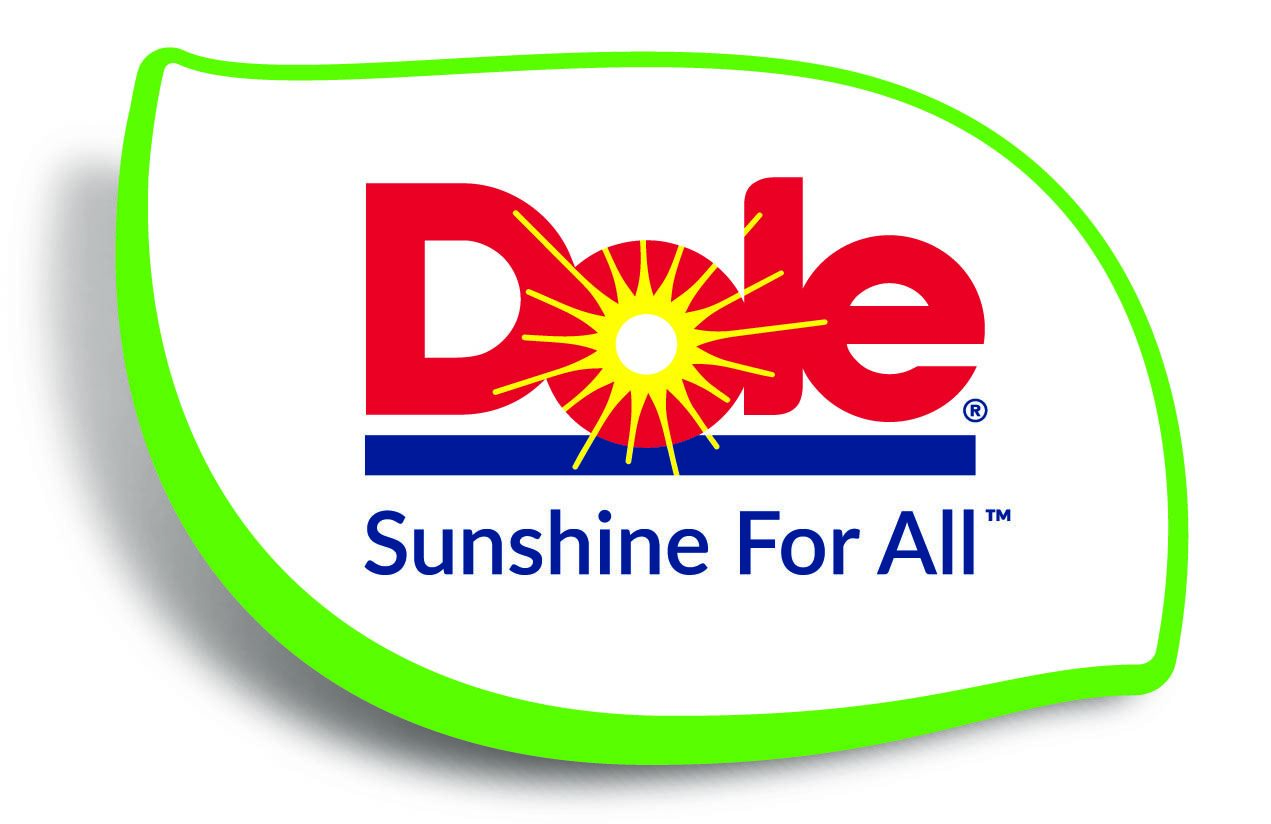
.jpg)
